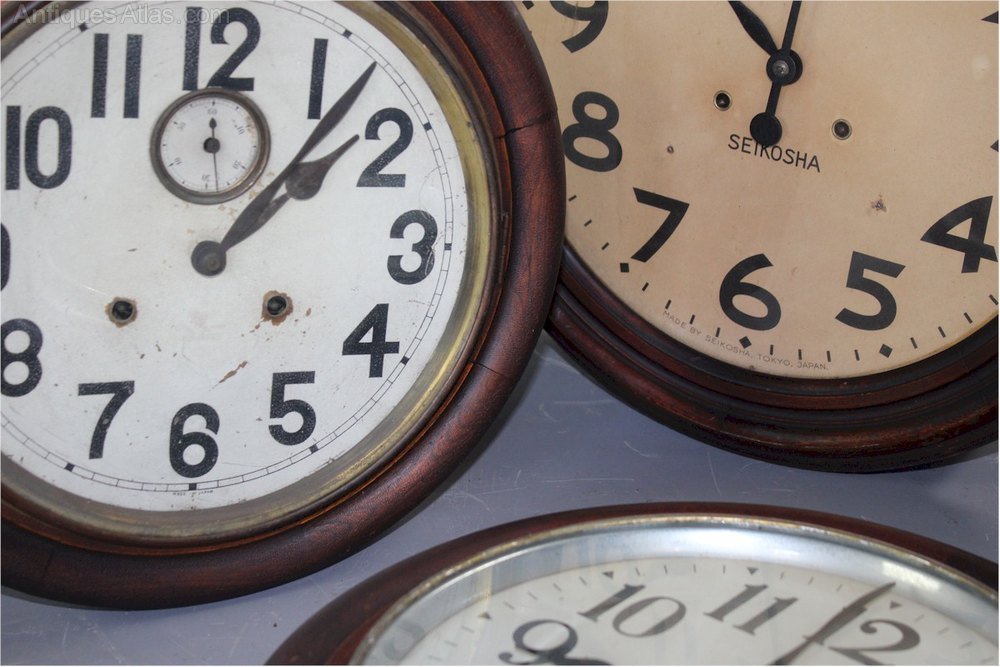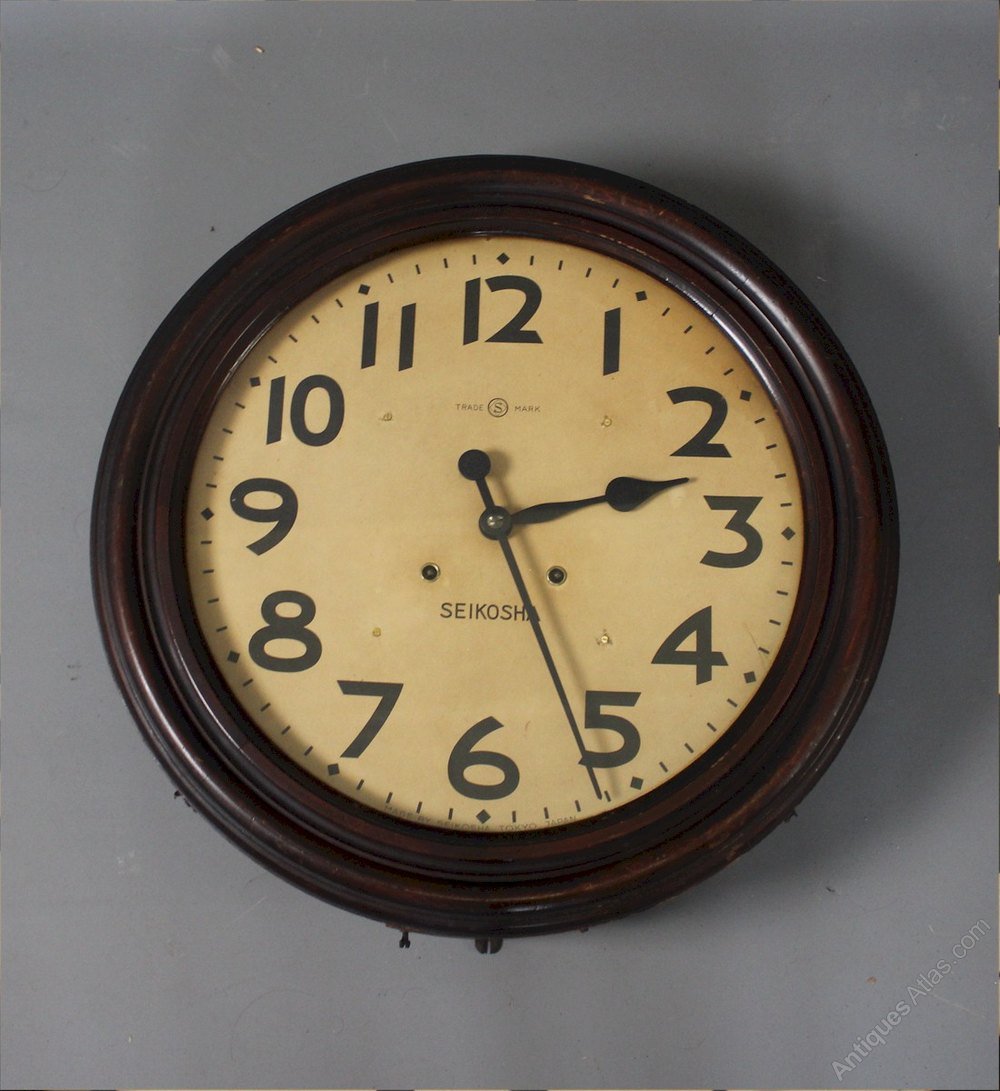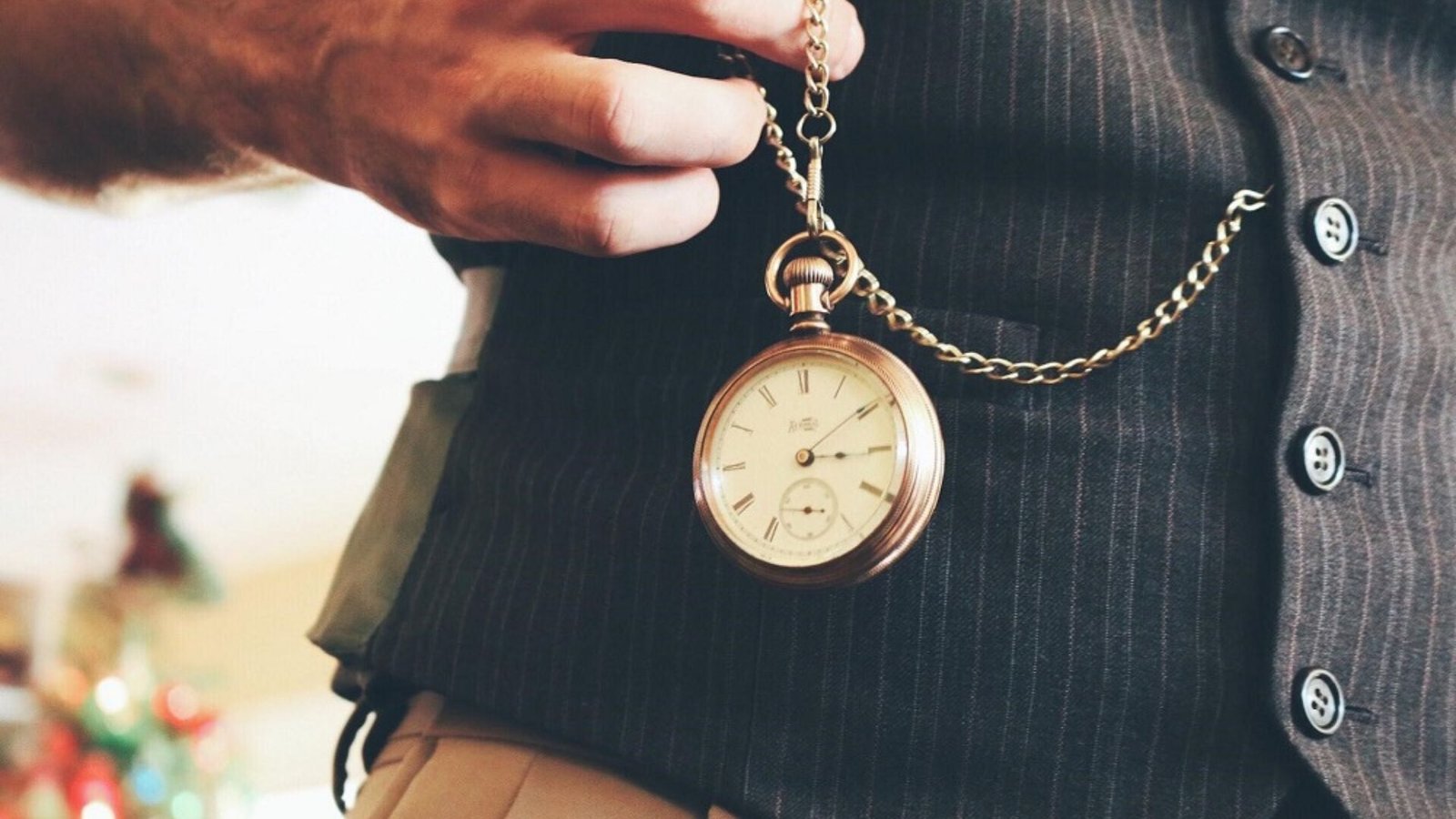Antique Japanese clocks are a fascinating blend of craftsmanship, history, and cultural significance. Collecting these unique timepieces offers a glimpse into Japan’s past, from its intricate mechanical designs to the way time was traditionally measured. Whether you are a seasoned collector or a beginner, understanding the significance of antique Japanese clocks can enhance your appreciation for these historical treasures.
Understanding the History of Japanese Clocks
Before starting a collection, it’s essential to understand the history behind Japanese clocks. The development of clocks in Japan dates back to the Edo period (1603-1868) when mechanical timekeeping devices were introduced by Western traders. During this time, Japan developed its own style of clock, known as the wadokei.
The wadokei was a unique type of clock that reflected Japan’s traditional time system. Unlike Western clocks, which divide the day into 24 equal hours, Japanese clocks used seasonal timekeeping. The length of hours would change with the seasons, with longer hours in the summer and shorter hours in the winter. This system emphasized the Japanese connection to nature, and many antique wadokei reflect this harmony between time and the natural world.
Key Features to Look for in Antique Japanese Clocks
When collecting antique Japanese clocks, several key features can help you identify authentic pieces and understand their historical value.
- Mechanical Movements: Most antique Japanese clocks are mechanical, relying on gears and springs to function. The craftsmanship of these internal mechanisms is often complex, with hand-made parts and unique designs. Examining the clock’s movement can give you insight into its age and origin.
- Seasonal Timekeeping: As mentioned, the wadokei clocks used seasonal hours, which makes them particularly interesting for collectors. Look for clocks that feature adjustable time markers, a signature feature of traditional Japanese timekeeping.
- Materials and Craftsmanship: Antique Japanese clocks are often made from high-quality materials, such as brass, iron, and wood. The level of craftsmanship in both the internal mechanics and the exterior design is a hallmark of authenticity. Fine engravings, intricate carvings, and lacquer finishes are typical characteristics of valuable antique clocks.
- Cultural Motifs: Many antique clocks feature traditional Japanese motifs, such as cherry blossoms, cranes, or dragons, that reflect the country’s culture. These designs add aesthetic value to the clocks and connect them to Japan’s rich artistic heritage.
Where to Find Antique Japanese Clocks
Finding antique Japanese clocks requires patience and knowledge. You can source these timepieces through various channels, each offering its own set of advantages and challenges.
- Antique Dealers: Reputable antique dealers often have collections of Japanese clocks. While prices may be higher, buying from a dealer ensures authenticity and often comes with detailed provenance.
- Auctions: Online and in-person auctions are another good place to find antique Japanese clocks. However, it is essential to research the items and confirm their authenticity before bidding. Auctions can offer rare finds, but they also come with the risk of overpaying.
- Flea Markets and Antique Fairs: Some of the best finds come from flea markets and antique fairs. These venues can offer lower prices, but you must carefully examine the pieces to ensure they are genuine.
- Online Marketplaces: Websites like eBay or Etsy may offer antique Japanese clocks, but be cautious of counterfeits. Always ask for detailed photos and information about the item’s origin.

Caring for Your Antique Japanese Clocks
Once you have started your collection, proper care and maintenance are crucial to preserving the value and functionality of your clocks. Here are a few tips:
- Regular Cleaning: Dust and dirt can damage the delicate mechanisms inside an antique clock. Use a soft cloth to clean the exterior, and consider hiring a professional to clean the internal parts.
- Proper Storage: Antique clocks should be stored in a stable environment, away from extreme temperatures and humidity. Avoid direct sunlight, as it can cause the materials to deteriorate over time.
- Professional Repair: If your antique clock needs repair, take it to a professional who specializes in antique timepieces. Attempting to repair it yourself could cause further damage.
Conclusion
Collecting antique Japanese clocks is a rewarding hobby that combines history, art, and craftsmanship. These timepieces offer not only practical value but also a deeper connection to Japan’s cultural and historical heritage. By understanding their history, recognizing key features, and taking proper care, you can build a collection that stands the test of time.





Hi! I know this is kinda off topic however , I’d figured I’d ask.
Would you be interested in trading links or maybe guest authoring a blog
article or vice-versa? My site addresses a lot of the same subjects
as yours and I feel we could greatly benefit from each other.
If you’re interested feel free to shoot me an email. I look forward to hearing
from you! Fantastic blog by the way!
Was chatting with my buddy about finding a good way to watch the MMA fights, and he mentioned selcuksportshd24. Said the quality was decent. I’ll give it a shot I guess. selcuksportshd24
Hey guys, just checked out tai88vinlink and gotta say, it’s pretty slick! Seems like a decent spot to try your luck. Check it out for yourselves at tai88vinlink.
Apple Screen Time und Google Family Link sind ebenfalls gute Kindersicherungen, die Kinder
davon abhalten können, online zu gehen. Überprüfen Sie frühzeitig,
um zukünftige Auszahlungen schneller zu erhalten. Wenn etwas Seltsames passiert, erhalten Sie eine Warnung und eine vorübergehende Sperre,
bis Sie beweisen können, dass Sie es waren. Um zu verhindern, dass
Personen Ihr Konto übernehmen, behalten wir die Anmeldungen nach Gerät, Standort
und Verhalten im Auge. Spieler in Deutschland können ihre SEPA-Auszahlungen in € erhalten und Support-Mitarbeiter auf jedem Niveau können auf
Deutsch kontaktiert werden.
Beim Erstellen eines Kontos erhalten sie zunächst einen No-Deposit-Bonus von beispielsweise 10 Euro, der lediglich eine E-Mail-Verifizierung und das Ausfüllen des
Spielerprofils erfordert. Der Willkommensbonus des Beep Beep Casinos
ist ein attraktives Angebot für Neukunden. Insgesamt ist
das Beep Beep Casino eine hervorragende Wahl für diejenigen, die
ein zuverlässiges und spannendes Online-Casino suchen, das eine breite Auswahl an Spielen, vorteilhafte Boni
und ein hohes Niveau an Service bieten kann.
Spieler können bei wöchentlichen Nachladungen 25% bis €100
erhalten, und wenn sie einfache Missionen abschließen, fallen Freispiele auf ihren Konten an. Lesen Sie
mehr über den RTP und die Volatilität jedes Spiels, das
Sie spielen möchten, und beginnen Sie dann mit Ihrem Bonus oder echtem
Geld zu spielen. Glücksspiel birgt ein Suchtpotenzial – spielen Sie stets mit Bedacht.
Nach der Bestätigung Ihrer Anmeldung per E-Mail steht Ihnen der
Zugang zu Ihrem Konto offen, und Sie können beginnen zu spielen. Diese Codes können auf der Website, in sozialen Medien und Newslettern des Casinos entdeckt werden und eröffnen den Zugang zu attraktiven Boni wie Freispielen, Einzahlungsprämien und zusätzlichem Cashback.
Neben erhöhtem Cashback und der Möglichkeit,
Beep Points in Bargeld umzutauschen, erhalten Mitglieder
der höheren VIP-Stufen exklusive Boni, persönlichen Service und privilegierten Zugriff auf neue Spielversionen.
References:
https://online-spielhallen.de/exklusiver-irwin-casino-promo-code-sichern-sie-sich-ihre-vorteile/
Zero fees on deposits and withdrawals for Australian players.
By the end, everyone will have a clear picture of
how this vibrant platform operates, what it offers, and why
it continues to attract players worldwide. Skycrown Casino extends a
warm welcome to all individuals seeking an online destination filled with thrilling games, transparent policies, and outstanding
promotional offers. VIP players receive additional
support through dedicated account managers. SkyCrown Casino provides
a fully optimized mobile experience for players on the go.
Professional dealers host games in real-time, creating
an authentic casino atmosphere from the comfort of your
home.
On the official SkyCrown website, you will find tons
of casino games and activities. All you will have to do is just enjoy casino games.
In this tournament, you will need to play different Smartsoft games.
But you still will be able to enjoy casino games on your iOS device.
One of the most popular casino features now is actually mobile apps for gambling.
As was said, there are a lot of casino games and features on the SkyCrown website.
After signing up, hit the cashier, pick the welcome bonus from the dropdown, and fund the account.
This means dropping €400 returns €880 total playing cash – nearly double the firepower
for exploring the casino. Skycrown casino hooks newcomers with a juicy first deposit deal that packs serious
punch. The loyalty program rewards consistent play with points that convert
to real bonus funds or free spins. VIP members access an elevated tier of rewards with personalized
bonuses and higher limits. The green felt tables at sky
crown online casino buzz with excitement as cards slide across
the surface.
References:
https://blackcoin.co/persuading-and-preventing-bluffs-in-poker/
In Australian casino, Neosurf is one of the most popular
payment method. StayCasino is one of the best casino that accepts Visa deposits.
By the way, you need to add a payment method just once,
and Stay Casino saves this information for quick deposits.
This is one of the most common payment methods, so it is acceptable to almost every player!
This is one of the most important features for all types of players.
Just start with a live roulette casino with low
stakes!
The Stay Casino sign up bonus offers an impressive reward structure designed to enhance your initial experience.
Both new and old players are drawn to the casino’s huge number
of freebies. The casino is a fun and safe place to be whether you want to
play slots or cards. Before choosing any casino, it is important
to look beyond bonuses and game selection.
Stay Casino makes sure you can enjoy all your favorite games on the go.
Just a heads up – there’s no dedicated jackpot category here, so
you’ll need to search for these games manually.
These games come with progressive pools that grow with every spin. The action happens in real time, with pro dealers running the show and
a handy chat feature that makes things feel social.
References:
https://blackcoin.co/free-slots-play-32178-online-slot-games-no-download/
gamble online with paypal
References:
jobsathealthcare.com
So, I stumbled upon mm66. The interface is… something. Gonna need to spend some time to figure out if it’s any good. Worth checking if you’re bored, maybe? Take a punt: mm66
**mitolyn reviews**
Mitolyn is a carefully developed, plant-based formula created to help support metabolic efficiency and encourage healthy, lasting weight management.
Spot on with this write-up, I actually assume this web site wants much more consideration. I’ll most likely be again to learn far more, thanks for that info.
I have not checked in here for a while since I thought it was getting boring, but the last few posts are great quality so I guess I will add you back to my everyday bloglist. You deserve it my friend 🙂